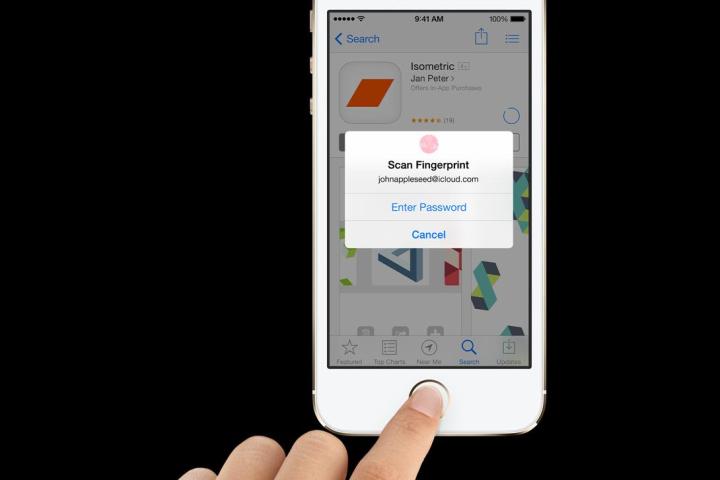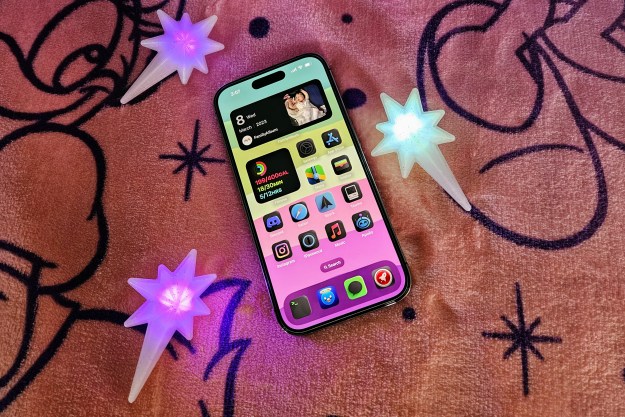
As biometrics becomes an increasingly critical component of today’s technology, so too are our most unique biological identifiers. The L.A. case represents one of the few times thus far in which a fingerprint has been demanded in connection with court proceedings, but this may soon become a more commonplace occurrence.
Some experts are concerned that biometric data and its use in court cases could be a slippery slope. “It isn’t about fingerprints and the biometric readers,” Susan Brenner, a law professor at the University of Dayton, tells the L.A. Times. Rather, she and other experts are worried about “the contents of that phone, much of which will be about her, and a lot of that could be incriminating.” This, Brenner concludes, could be a violation of our Fifth Amendment right against self-incrimination, though others disagree.
“Unlike disclosing passcodes, you are not compelled to speak or say what’s ‘in your mind’ to law enforcement,” said Albert Gidari, the director of privacy at Stanford Law School’s Center for Internet and Society. “‘Put your finger here’ is not testimonial or self-incriminating.”
The debate reflects a societal shift in our data storage habits. Whereas previously, search warrants were used to enter houses or cars, now, there’s a treasure trove of information to be found in a smartphone. And instead of a key, it’s a fingerprint that stands guard. That said, Apple’s fingerprint sensor (or Touch ID), only works if the phone has been used in the last 48 hours. Once two days of non-activity have passed, or the phone is restarted, it requires a passcode to unlock.
In the recent L.A. case, it was unclear as to why Bkhchadzhyan needed to unlock her mobile device. But one thing is clear — in keeping with recent trends, authorities didn’t need Apple to get inside her iPhone either.
Editors' Recommendations
- What is NFC? How it works and what you can do with it
- How much is Spotify Premium, and can you get it for free?
- 10 awesome things you can do with the iPhone 15 Pro Action button
- Wearing this smartwatch again reminded me why it’s still the best you can get
- The iPhone 15 release date just leaked. Here’s when you can buy it


